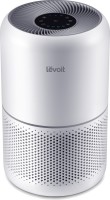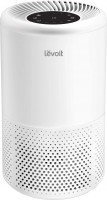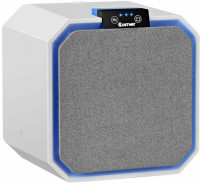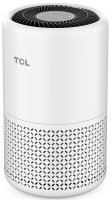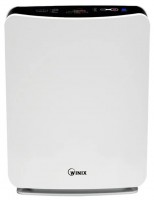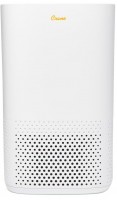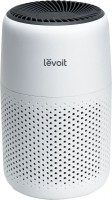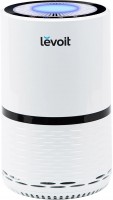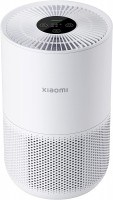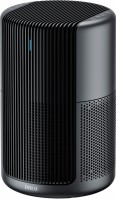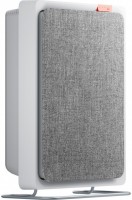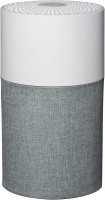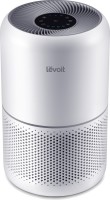Timberk Cloud
 | Outdated Product Type: air purifier; HEPA filter: HEPA; UV lamp; Sterilization: night mode; timer; display; Controls: electronic; Air flow (m³/h): 238; Power (W): 60; Power source: mains; |
Timberk Cloud | |||||||||||||||||||||||||
| |||||||||||||||||||||||||
Always clarify the specifications and configuration of the product with the online store manager before purchasing.
Catalog Timberk 2025 - new arrivals, bestsellers, and the most relevant models Timberk.
Air conditioning equipment forms the backbone of Timberk brand products. A comfortable microclimate in the premises of the home front is created and maintained by the Cloud FL150 SF air purifier.
Advanced Filtration System
The device is based on a highly efficient HEPA air filter that cuts off contaminants up to 1 µm in size. A photocatalyst works side by side with it — it eliminates harmful organic and inorganic impurities, viruses and mold spores. The icing on the cake is the built-in UV lamp to kill airborne harmful bacteria and fungi. The filters on board the model are washable and do not need to be replaced. The Filter Clean indicator indicates the need to clean the filters.
narrow body
Timberk Cloud FL150 SF is sharpened into a case with a width of only 176 mm, which allows you to place the device in narrow niches. The electronic control panel is placed on the front side of the air cleaner housing. It is headed by an informational LED screen. Of the usefulness in the model, the auto-off timer function is implemented, which is set up to 24 hours with an interval of 1 hour.
Software arsenal
The programme arsenal of the cleaner provides for three speeds of rotation of the fan blades and a special night mode of operation of the device, during which the backlight turns off and the indicators go out. Despite the "extinguished lights", all functions of the device remain working, including The UV lamp continues to work properly. In terms of claims to the model, there is a persistent smell of plastic at the initial stage of operation and noise at high fan speeds. The first problem disappears on its own after a while, and the second is solved prosaically by reducing the fan speed.



